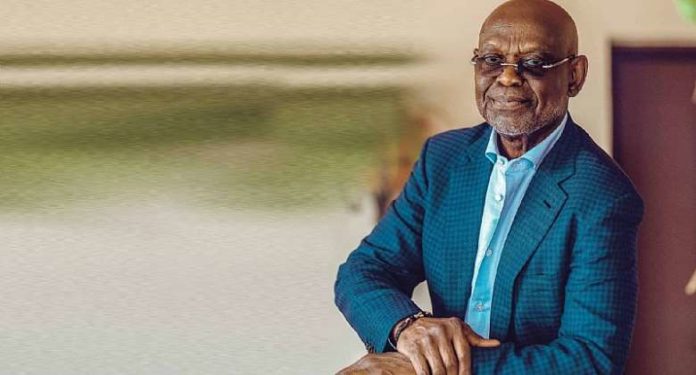A former Finance Minister, Professor Kwesi Botchwey, says Ghana’s current economic challenges could be overcome if government is honest with Ghanaians.
“Our current travails can be overcome provided we level with the people. The solution to a problem begins with recognising that there is one. It must start with the recognition that, it is a crisis and level with the people. We must wind down the hubris, the arrogance, and the show of impunity that the people see.”
He made this submission while speaking at the 65th Independence Day Lecture held at the Economics Department of the University of Ghana, Legon, on Monday, March 7, 2022.
The lecture was on the theme: “On the state of the nation’s economy and politics, 65 years after independence, the path to sustainable development and democratic consolidation.”
He added that two areas that affect the economic policy choices being made are continuity in economic planning and democratic consolidation.
These, he suggests, should be looked at as solutions are sorted for bettering the current crisis in the economy.
Ghana is currently battling with huge public debt levels and challenges in revenue generation.
As part of efforts to boost the country’s revenue generation drive, government announced the Electronic Transfer Levy, popularly known as the E-Levy, but the policy is yet to take effect as it has been widely rejected by Ghanaians.
Major financial rating companies like Moody’s and Fitch have all downgraded Ghana’s credit rating.
Moody’s, for instance, said the new rating of the country’s economy reflects the woes Ghana is facing in fixing its liquidity and debt challenges.
“The downgrade to Caa1 reflects the increasingly difficult task the government faces addressing its intertwined liquidity and debt challenges. Weak revenue generation constrains government’s budget flexibility, and tight funding conditions on international markets have forced the government to rely on costly debt with shorter maturity.”
Although major watchers of the economic space had advised government to seek an International Monetary Fund bailout, the government is adamant—citinewsroom
